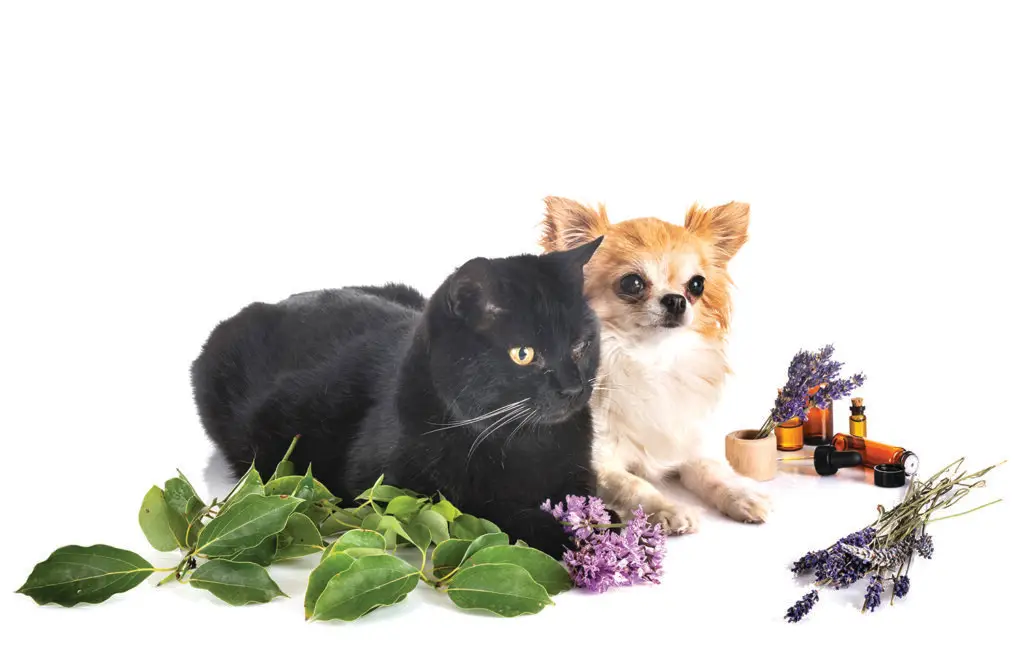
In the early 2000s when I started my practice, there were only three or four veterinarians in all of Seattle who were offering anything other than standard pharmaceutical medications. Now, there are over 10 clinics that offer some form of alternative therapies in Seattle and probably numerous other vets who offer acupuncture, etc.
In our state, I know of at least five clinics that offer holistic services. A lot more clients are asking for it. But what is it?
The terminology is confusing and has been so for decades. The history of the words (w)hole and health goes back centuries. In its purest form, it can mean that we are looking at the whole animal!
Let’s look at a few examples. A dog has dry, flaky, or moist, “yeasty” skin. There are shampoos for these conditions! It would be easy to just prescribe a shampoo. But what if we ask the question, what imbalance in the body is making the skin unhealthy? Instead of relying on shampoos, what if we try to work from inside to support the skin so that it can restore itself to its full glory?
A holistic vet doesn’t need to refrain from using pharmaceuticals or need to reach out for herbs, but they do look at all aspects of the disease. In fact, that’s just plain good medicine! In real life, however, the general perception is that a holistic vet rejects the “dangerous” pharmaceuticals and only uses herbs, homeopathy, acupuncture, chiropractic, etc. In many cases, that is not true.
Just like any other profession, holistic vets come in all flavors. Most holistic vets practice some sort of “integrative medicine” where they use herbs and natural products along with pharmaceuticals. On the other end of the spectrum, there are vets who think that all pharmaceuticals are bad and the origin of all illnesses are vaccines!
When I was in Seattle, a client came in with a small dog with cancer. He was being seen by a vet who practiced homeopathy exclusively. This dog was not on any pain medication as the vet feared that pain meds could be disturbing for the body. There are acupuncture vets who think they can cure cancer. Maybe they can, but it seems unlikely.
As you are choosing your holistic vet, choose someone who is comfortable with all modalities and uses every tool in the toolbox for the best outcome with least side effects.
Here is a brief summary of the modalities holistic vets usually use:
Acupuncture: Inserting needles at specific points of the body. Acupuncture started in ancient China and has been enjoying a resurgence all over the world in the last 3-4 decades. The most common practice is using dry needles (it implies just the needles). However, many vets use Vitamin B12 injections at the acupuncture points, and this is called aqua-puncture. When these needles are connected to a micro electric pulse-generator, it is called electro-acupuncture.
Chiropractic: Even though it is a relatively new technique, the practice of bone settings is not new. Many humans (including myself) have found relief with chiropractic medicine.
Herbs:There are two broad divisions here: Western herbs and Chinese herbs. I guess the essential oils can also be included in herbal medicine. There are a lot of multi-level marketing products for essential oils, but I prefer to buy them on open markets. Mountain Rose herb is my go-to source.
Homeopathy: This modality, also known as homeopathic medicine, was pioneered by Dr. Samuel Hanneman from Germany, and is a little trickier to explain. According to information from the National Institutes of Health, it’s based on the theories that “like cures like,” or the notion that a disease can be cured by a substance that produces similar symptoms in healthy people; and the “law of minimum dose,” the notion that the lower the dose of medication, the greater its effectiveness. Research on its effectiveness is mixed.
All modalities should be used with caution and that includes herbs! If a little bit of turmeric is good, a lot is not necessarily better!
I function within these parameters:
- Whatever modality I choose, it cannot cause harm, including delaying proven successful treatments;
- With sincere honesty and personal clarity I have to believe that it has worked well for me in the past;
- It should not cost an arm and a leg;
- Any treatment we choose should start showing some improvement within three visits. If not, find a new approach!
One last word: just because something says it is “natural” does not mean it is safe. A holistic vet told me a very long time ago that snake bites and arsenic are natural too, but we don’t reach out for them! In the end, there is no substitution for discriminative knowledge.
Goutam Mukherjee, DVM, MS, Ph.D. (Dr. G) has been a veterinarian for more than 30 years. He owns High Falls Holistic Veterinary Care near Geraldine, Alabama. To suggest topics for future discussions, email him at [email protected]




